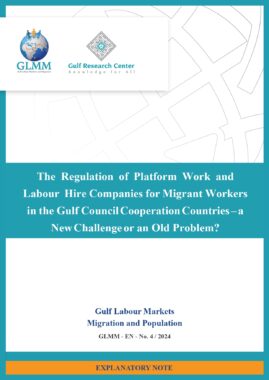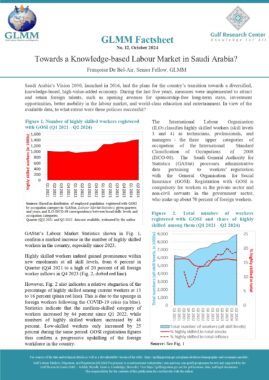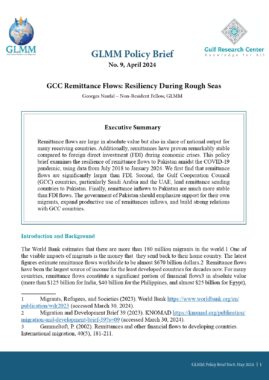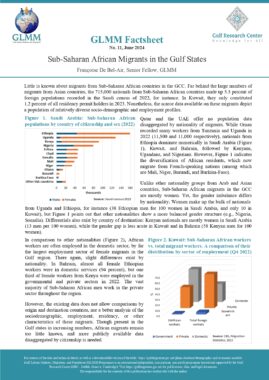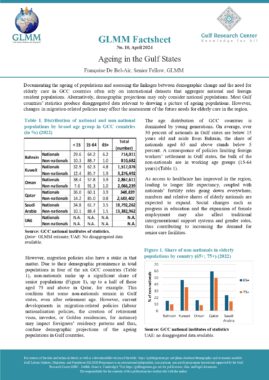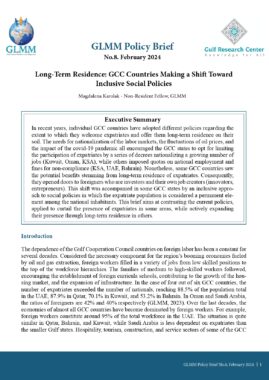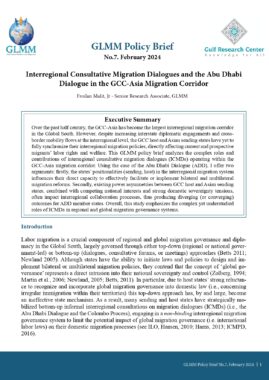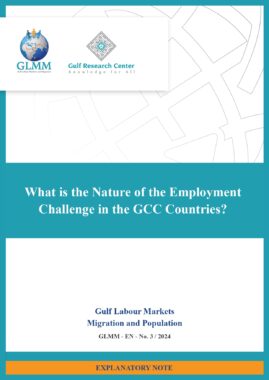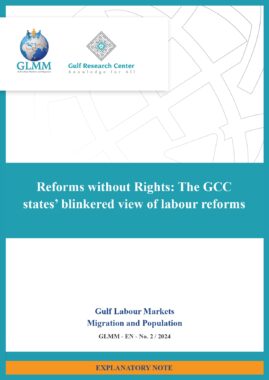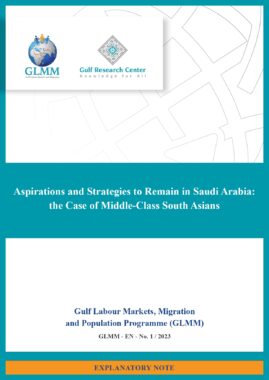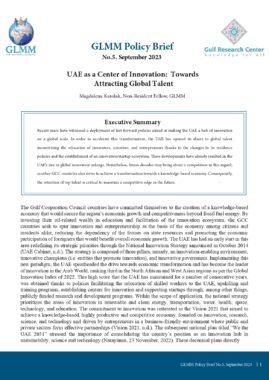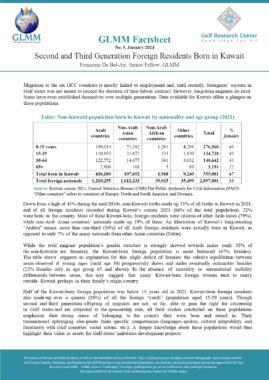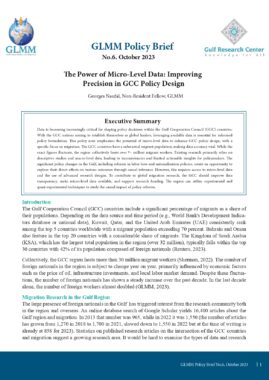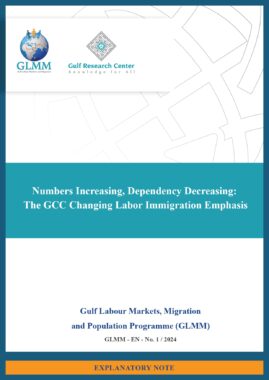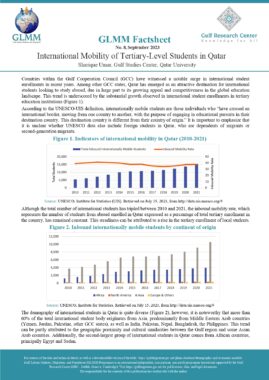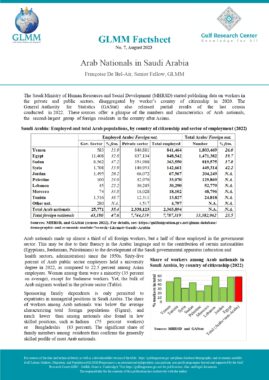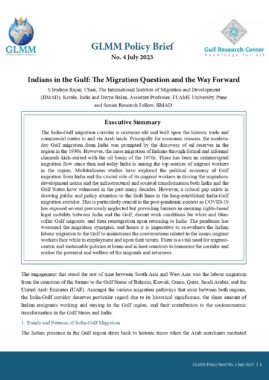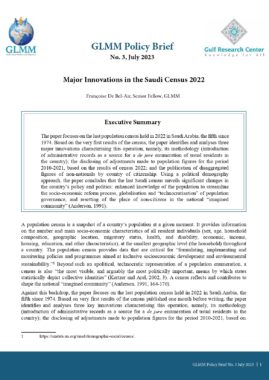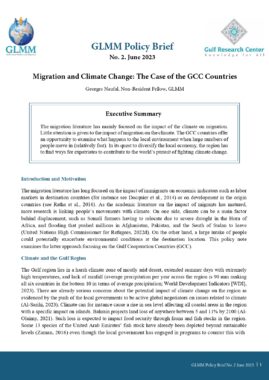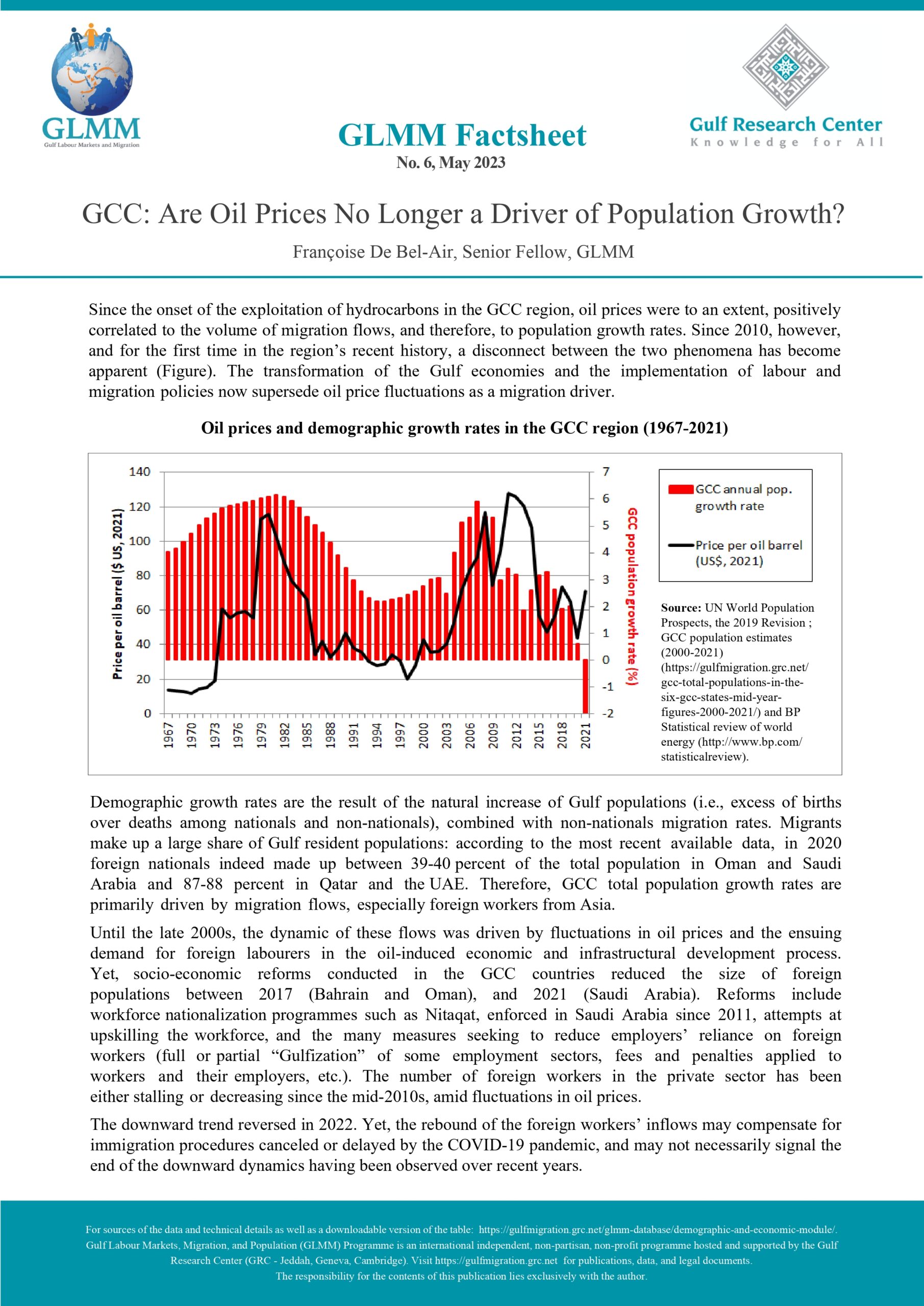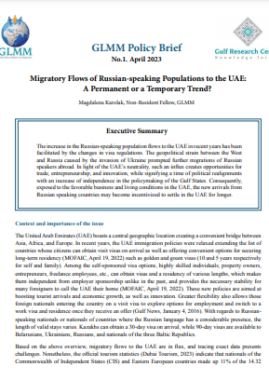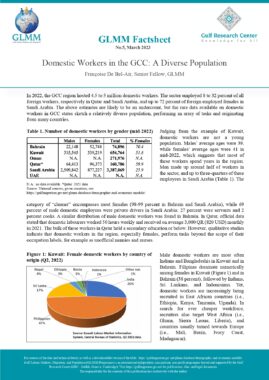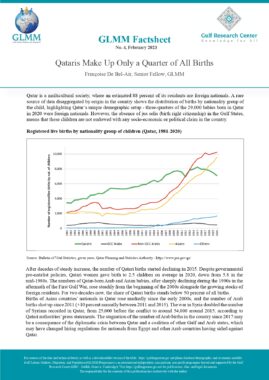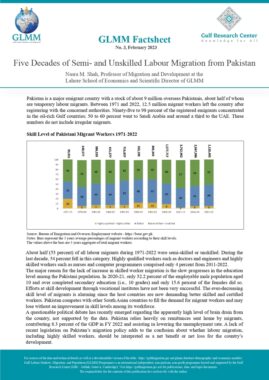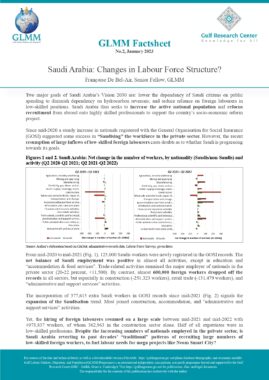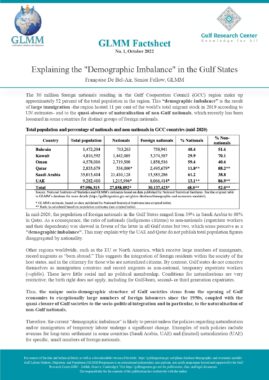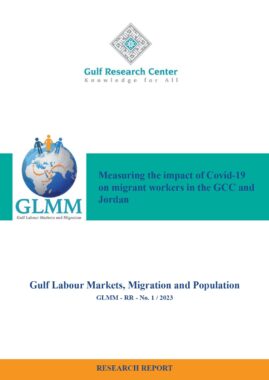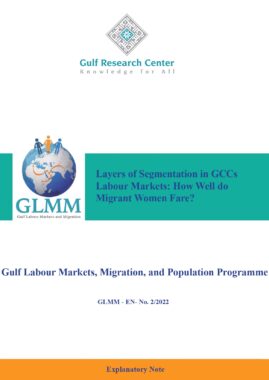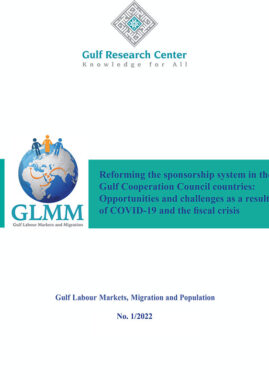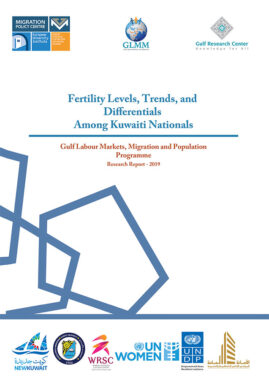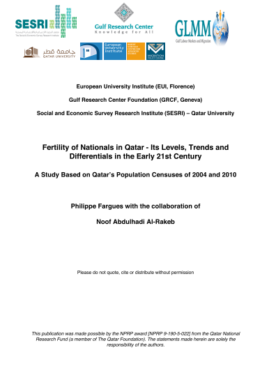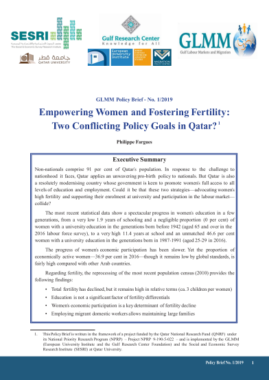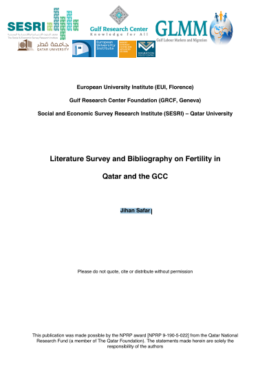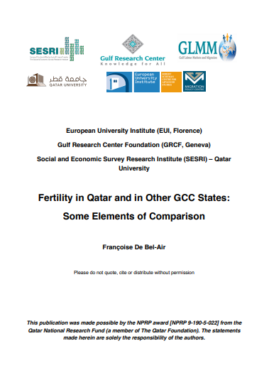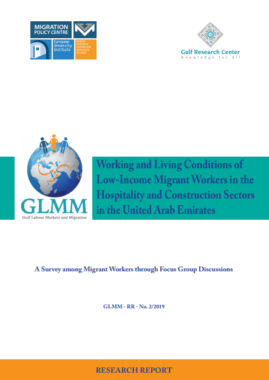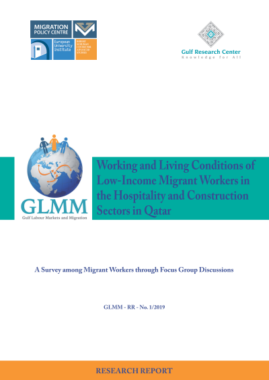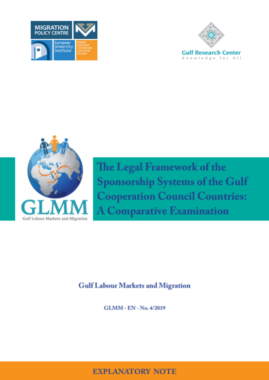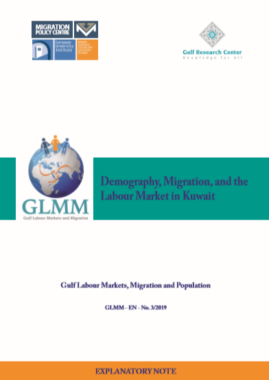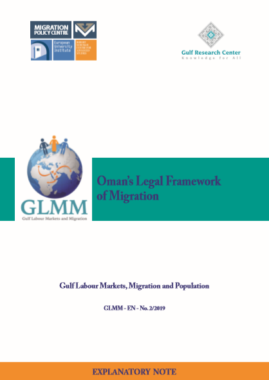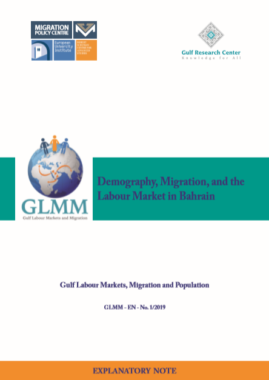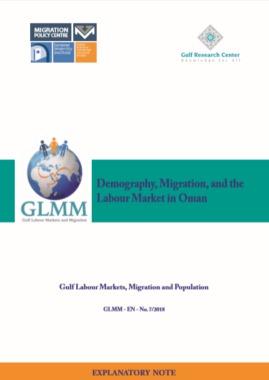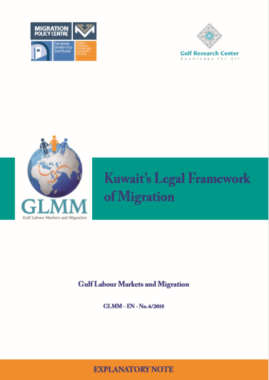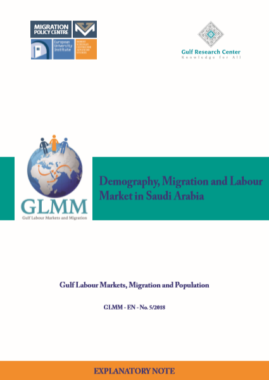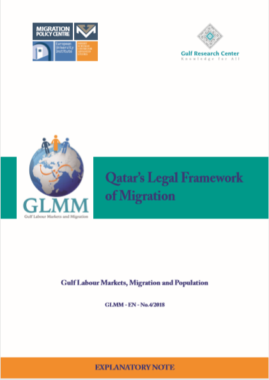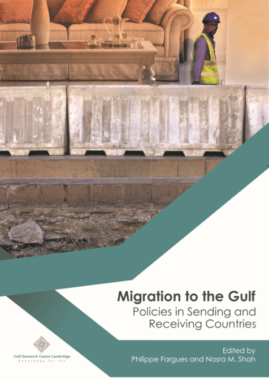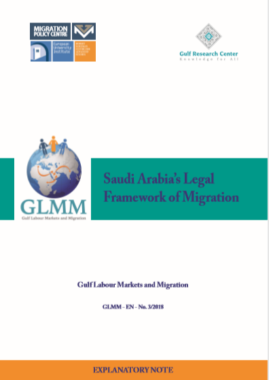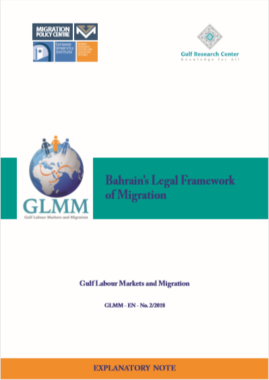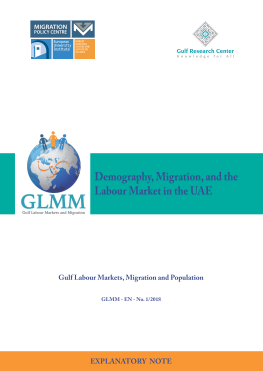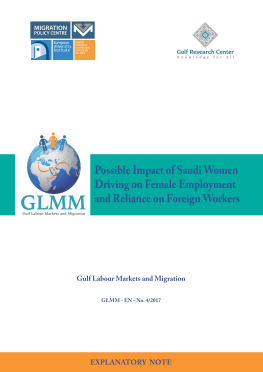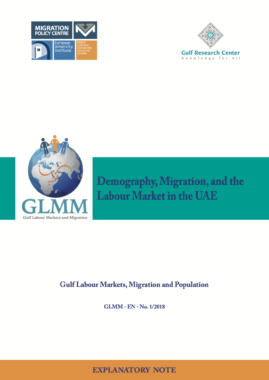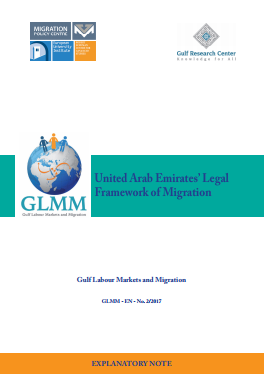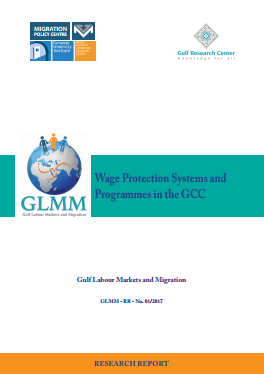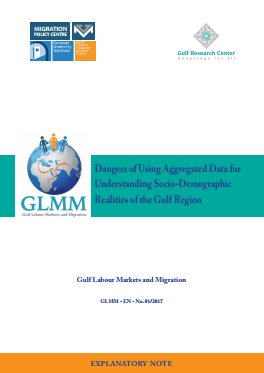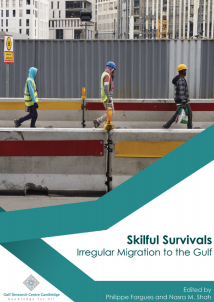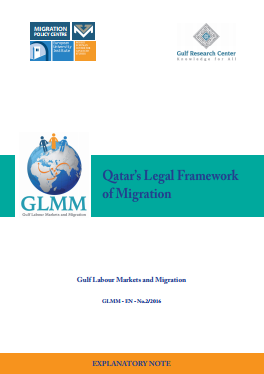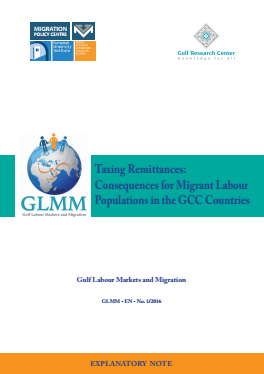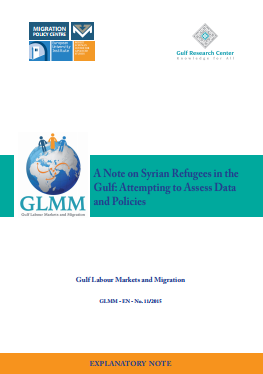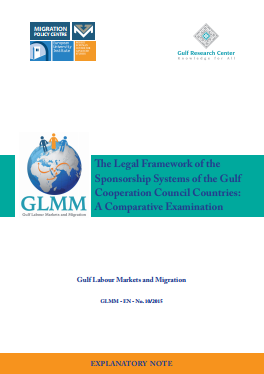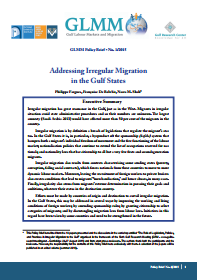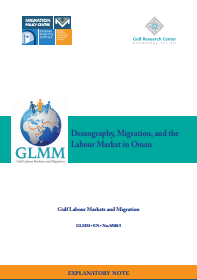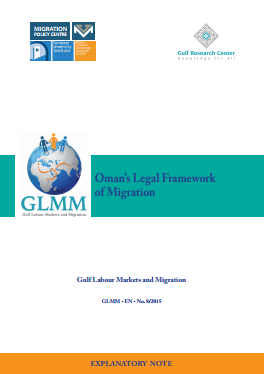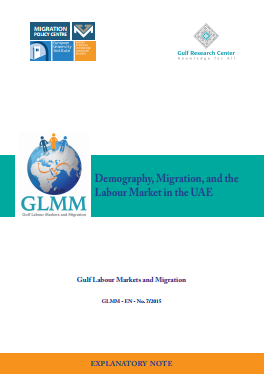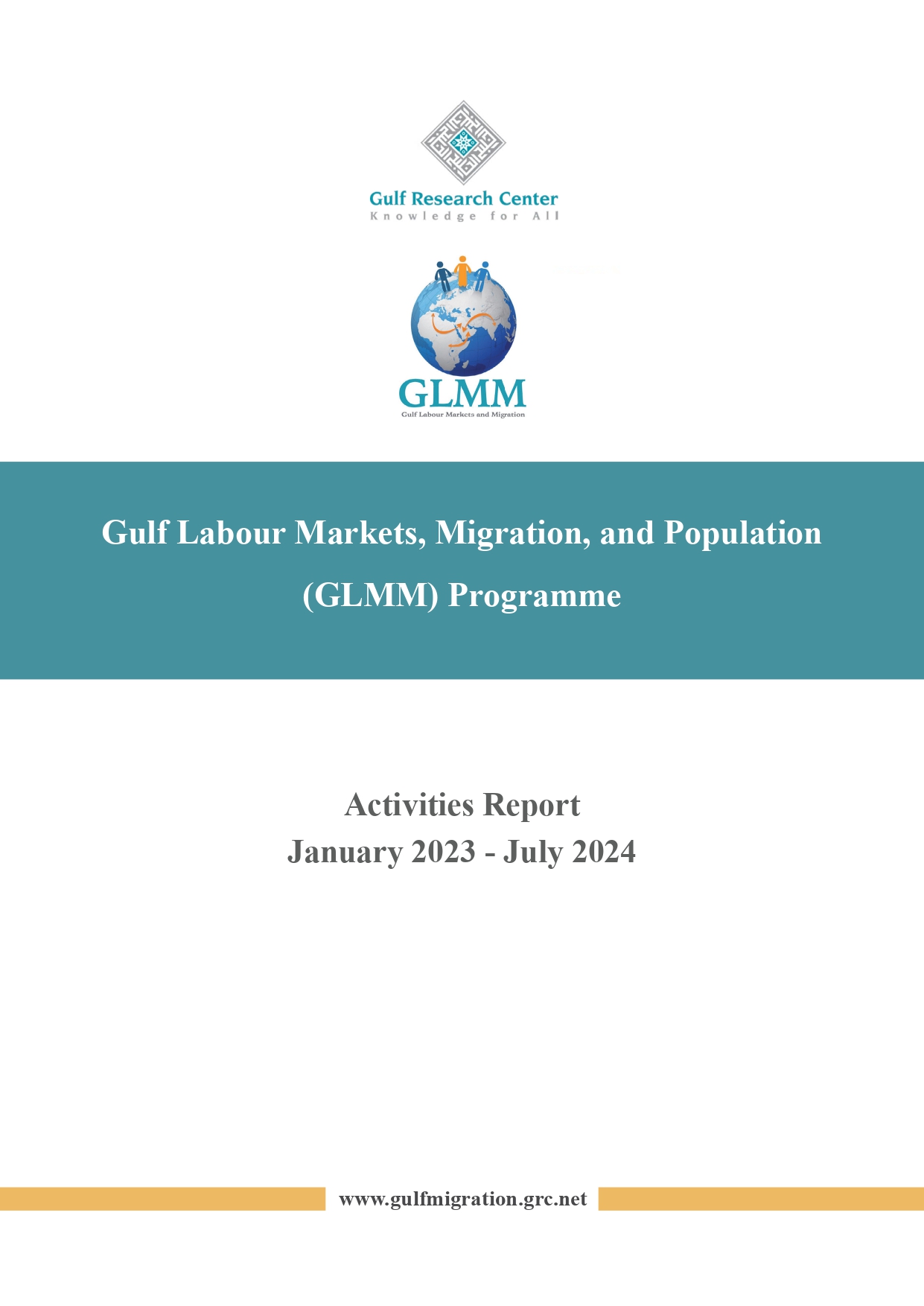Kuwait: Residence permits by nationality group of holder (2014)

| 2014 | ||
| Number | % | |
| Arab countries | 837,363 | 33.93 |
| Non-Arab Asian countries | 1,525,083 | 61.79 |
| Non-Arab African countries | 73,300 | 2.97 |
| Europe | 11,443 | 0.46 |
| North America | 18,297 | 0.74 |
| Central and South America | 1,104 | 0.04 |
| Australia and Oceania | 1,419 | 0.06 |
| Other | 9 | 0.00 |
| Total | 2,468,018 | 100.00 |
Source: Ministry of Interior
ANNEXED NOTE
1. Definitions
Residency procedures do not apply to GCC nationals.
The bidoun, a stateless population, are not included in the residency documents holders.
Data presented in the table are stock data: all the non-national residents holding a residence permit on December 31st, the given year. The table excludes the Bedoon, the non-Kuwaiti GCC citizens and those in irregular situation.
Dependent permit: spouse, children or elderly dependent relatives can join visa holder (sponsor) in Kuwait, if the expatriate has obtained a residency and is earning a minimum of KD250 a month (private and governement sector alike).
A working wife cannot sponsor her husband as a dependent. Also, sons over the age of 21 years cannot be sponsored as dependants, though adult daughters and parents may be permitted. Dependent family members are not allowed to work on a Dependent Visa, unless they transfer it into a work visa under Kuwaiti sponsorship. This can be done only after 6 to 12 months of holding a dependent visa.
Every children including new born babies must hold a residency permit. The application for the infant’s residence must be made within 60 days of the birth
The Dependent Visa holder is permitted to stay as long as the sponsor holds a valid visa.
Self residence permit: Expatriates may sponsor themselves under article 24 of the regulations and obtain a residence for two to five years under several conditions
(among which: being aged 60 and more, having worked no less than 25 years in Kuwait, owning a capital of 10000 KD at least; being able to produce a certificate of good conduct, being effectively residing in Kuwait with his/her family, etc.).
This form of residence can be renewed upon expiry. Self-sponsored expatriates may sponsor their wives and children.
Permits 17, 18, 19 and 20 are only granted after Ministry of Labour issues a work permit.
The present figures do not include the holders of permit n°14 (temporary residents).
Totals for the year 2012 presented here differ slightly from totals in other tables published in the database.
2. Institution which provides data
Central Statistical Bureau (CSB), Ministry of Planning.
3. Period of data coverage
December 31st, given years.
4. Data availability
The present data is taken from the report “Migration Statistics 2014”, published by the CSB.
The report processes Ministry of Interior’s (Directorate of Migration’s) raw figures of permits granted to foreign residents by type/ purpose of permit, sex and regional origin of holder, for the years 2011 to 2014.
The report (in Arabic, PDF format with Excel tables) is available on CSB’s website (Population Statistics, then Migration Statistics)
http://www.csb.gov.kw/Socan_Statistic.aspx?ID=56
Date of access: February 2016.
Similar Posts:
- Kuwait: Residence permits by nationality group of holder (2010-2013)
- Kuwait: Residence permits by nationality group and sex of holder (2014)
- Kuwait: Foreign residents who overstayed their legal period of residence by type/purpose of expired residency permit (2010-2013)
- Kuwait: Residence permits by type/purpose of permit and sex of holder (2013)
- Kuwait: Residence permits by type/purpose of permit and sex of holder (2010)
Tags: Africa, Asia, Employment, Europe, Foreign Population, Kuwait, Legal Document, North America, Oceania, Residence Conditions, South America
